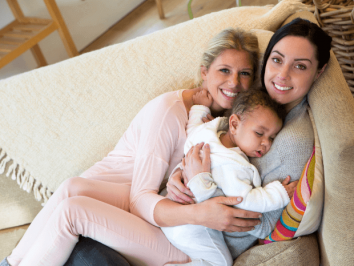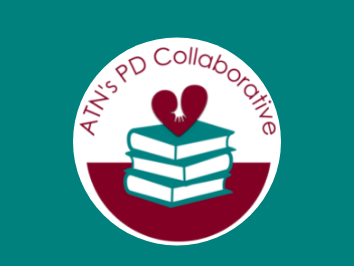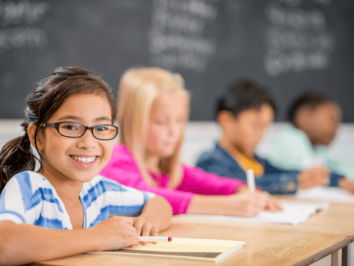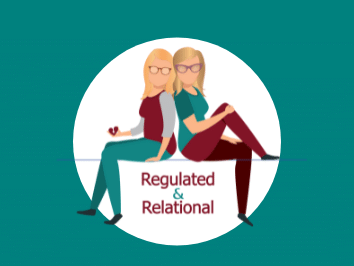Understanding Attachment
Attachment & Trauma Resources
EMPOWERING TRAUMA-INFORMED FAMILIES, SCHOOLS, AND COMMUNITIES
What is ATTACHMENT?
Attachment can be defined as a reciprocal relationship. In parenting (or child development) it generally refers to the relationship that develops first between the infant/child and his primary caregiver (often Mother). The quality of this attachment impacts the child’s physical, emotional, psychological and cognitive development. The quality of this primary relationship shapes the child’s basic ability to trust and how positively or negatively he views the world, himself and others. The quality of this first attachment impacts all other relationships.
When an infant experiences consistent care where his/her needs are met, he/she internalizes three things:
- I am safe
- I am heard
- I am valuable
With this as the foundation, a child can then develop other healthy relationships.
Psychoanalyst John Bowlby is considered the father of modern attachment theory. His definition of attachment is “the affectional tie between two people”. It begins with the bond between the infant and mother. This bond then represents how the child’s life relationships will be formed.
Bowlby stated, “The initial relationship between self and others serves as a blueprint for all future relationships.”
The importance of attachment affects more than just future healthy relationships. It also impacts a child’s ability to self-regulate. When an infant’s needs are met by a nurturing primary caregiver (mother), the infant’s emotional dysregulation is calmed. Over many repetitions of an infant feeling stress, expressing distress and receiving a nurturing response, the child is able to integrate this pattern as self-soothing during stressful times. This is important as the child matures into an adult who is able to handle disappointments, opposition and stressful situations by remaining regulated.
New research into attachment shows that there is a neurological and sensory link as well. Activities often attributed to “normal” parenting of an infant, such a rocking, bouncing, swinging, patting (burping) an infant activate the baby’s sensory system, and the positive sensory input becomes connected to the nurturing acts. Experts in neurodevelopment and sensory integration can show actual changes in the brain’s development due to this input or lack thereof. Children who have not had normal sensory input are at increased risk of not only attachment difficulties, but learning delays, social impairment and having a difficult time with change.
Stress chemicals, such as cortisol and adrenaline, can severely affect an infant’s brain development. So, the infant’s brain chemistry, specifically in utero and during the first year, can have a significant impact on the child’s ability to attach. Neurological research actually shows visible signs of difference in size and structure of healthy infant brains and those of infants who have been neglected or abused.
Links:
The Origins of Attachment Theory – a paper about John Bowlby and Mary Ainsworth and their work.
What is Attachment Theory? from About Psychology website
Serve and Return – a key concept from the Center for the Developing Child, Harvard University
Getting attached: Parental attachment and child development – blog from Brookings Institution, April 2015
The Importance of Early Childhood and Relationships – A 2013 Chicago’s Idea Talk – Dr. Bruce Perry (video)
Looking for Attachment-Focused Therapists? Check out ATN’s Resource Directory
More on Attachment
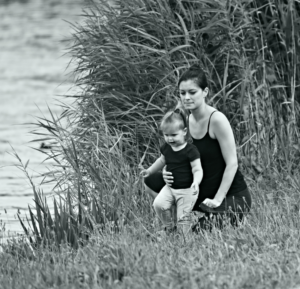
Paying Attention: The Most Exhausting Part of Parenting with ACEs!
[Original version published at ACEs Too High, May 26, 2016] Self-care? What’s that? I used to sneak away for a hot bath as often as possible
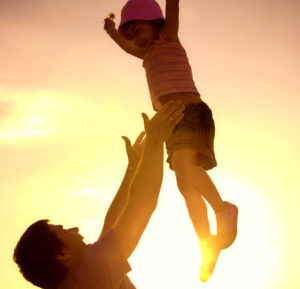
Trauma-Informed Parenting: What Adoptive & Foster Parents Can Teach About ACEs
[original version published on Parenting with ACEs on June 5, 2016] There are many adults with low ACE scores who parent children with high ACE scores.

Three Things Parents Want Therapists To Do
Last month, I shared three things that parents want therapists to know: Parents don’t know if they can trust therapists. Parents love their kids. Parents
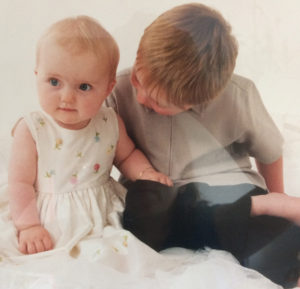
Mother’s Day. Beautiful and Complicated.
–by Neeva Carter The moment I heard my children’s names, my world stood still. I was at work, standing in an empty room on the

Behavior: Conscious or Unconscious?
–by Janyne McConnaughey, PhD The teacher and I exchanged knowing looks as a kindergartener flung herself across the table, scattering crayons and paper in every
It’s Not Always Depression: An Emotional Education
–by Laura Dennis, with much gratitude to Hilary Jacobs Hendel, to whom I owe both the title and content of this post This is not
Maybe It Isn’t Depression?
–by Laura Dennis Therapist and author Hilary Jacobs Hendel has blogged for ATN several times this past year, including popular posts such as “Head, Heart,
15 Gifts that Promote Attachment and Bonding
–by Sara Borgstede (originally posted on the author’s blog, The Holy Mess, on November 14, 2017) Have you recently given birth to a baby or

Chocolate and Chicken Under the Bed
–by Emerging Mama Monica Reynolds [originally published on the author’s blog, November 14, 2017, just in time for the biggest food extravaganza of them all!] Just
ATN Resources
Parenting
Therapeutic Parenting - Empowering Trauma-Informed, Attachment-Focused Caregiving
Schools
Creating School-wide Trauma-Informed Reform led by Trauma-Focused Educators
Resource Directory
A comprehensive online directory of trauma-informed, attachment-focused helping professionals
PD Collaborative
Are you seeking trauma-informed Professional Development Training or Consultations for your School?
TSS Conference
Annual Creating Trauma Sensitive Schools Conference.
Podcast
Listen to our Bi-monthly Podcast on Trauma-Informed and Therapeutic Strategies
Shop ATN
Shop for resources and tools to empower and support children, families, schools and communities
Get Involved
Join ATN - Together we can end the silence around childhood trauma!
